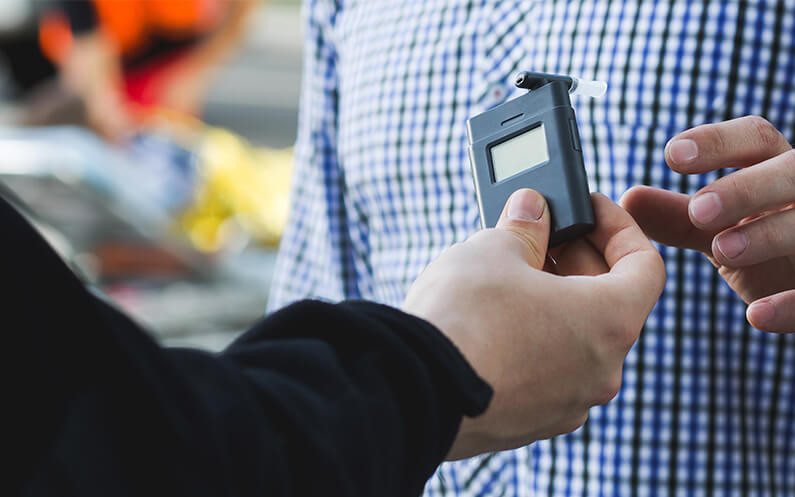Driving under the influence of alcohol is a serious offense that poses a significant threat to public safety. Every year, thousands of people lose their lives or are injured in accidents caused by drunk drivers. To address this issue, law enforcement agencies and policymakers have implemented various measures, including the use of a DUI breathalyzer.
This article highlights how breathalyzers work and some of the ways it can help prevent DUIs and promote safe driving.
What Is a Breathalyzer?
A breathalyzer is a device used to measure the blood alcohol concentration (BAC) in a person’s breath. It works by analyzing the amount of alcohol present in the breath sample and providing an estimate of the person’s BAC. The device uses infrared spectroscopy, fuel cell technology, or semiconductor oxide sensors to detect the presence of alcohol in the breath.
How Do Breathalyzers Help Prevent DUIs?
Breathalyzers are a powerful tool for preventing DUIs and promoting safe driving. Here are some ways that breathalyzers can help prevent DUIs:
- Deterrence
The mere presence of breathalyzers can deter people from drinking and driving. Knowing that there is a high chance of getting caught, people may be less likely to take the risk of driving under the influence. Law enforcement agencies can set up sobriety checkpoints and conduct random breath tests to ensure that people are complying with the law.
- Education
Breathalyzers can be used as an educational tool to raise awareness about the dangers of drinking and driving. By demonstrating the effects of alcohol on a person’s BAC, breathalyzers can help people understand the risks of driving under the influence. This can help to change attitudes and behaviors around drinking and driving.
- Detection of Impairment
When a person drinks alcohol, it is quickly absorbed into the bloodstream and can impair their driving ability. Using a breathalyzer, law enforcement officials can detect the level of alcohol in a person’s system and determine if they are too impaired to drive. This can help prevent people from getting behind the wheel while under the influence and putting themselves and others in danger.
- Early Intervention
If a person is found to have a high BAC, they can be arrested and charged with a DUI. This can lead to penalties such as fines, license suspension, and even jail time. However, an arrest can also be an opportunity for early intervention. A DUI arrest can be a wake-up call for a person struggling with alcohol addiction, and they may be more likely to seek help and treatment to overcome their addiction.
- Encouraging Responsible Behavior
Breathalyzers can also encourage responsible behavior among those who choose to drink. For instance, individuals may be more likely to moderate their alcohol intake and plan ahead for a designated driver if they know they will be subject to a breathalyzer test. This can ultimately lead to fewer incidents of drunk driving and a safer driving environment for everyone on the road.
- Providing Objective Evidence
In cases where DUI incidents do occur, breathalyzers can provide objective evidence to support legal proceedings. Blood alcohol content levels can be accurately measured and recorded, helping to establish a clear and irrefutable case against offenders. This can improve the efficiency and effectiveness of the legal system when prosecuting DUI cases and provide closure for those affected by drunk driving accidents.
Need to attend a DUI Education Program? We provide classes, counseling, and mentoring for the First DUI Offender and Multiple DUI Offender.


Recent Comments